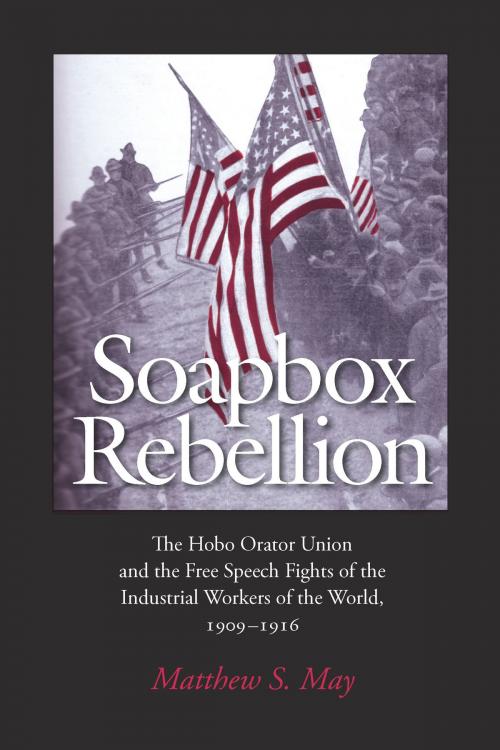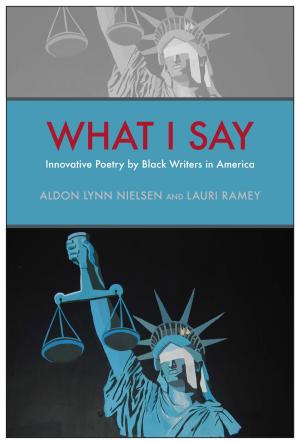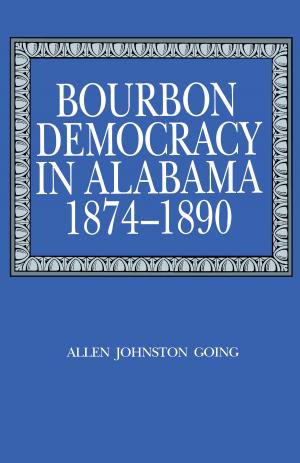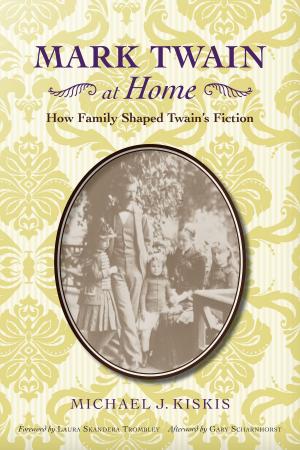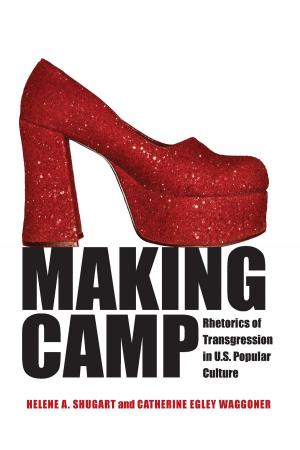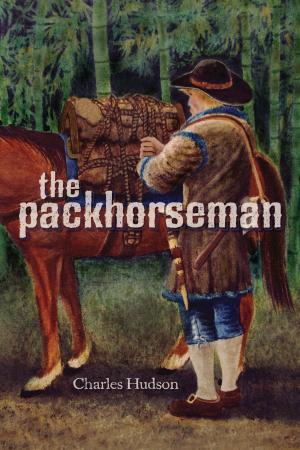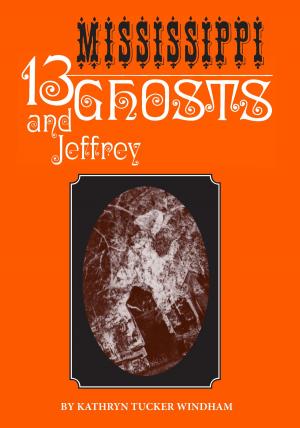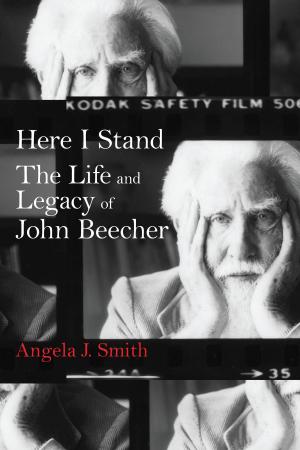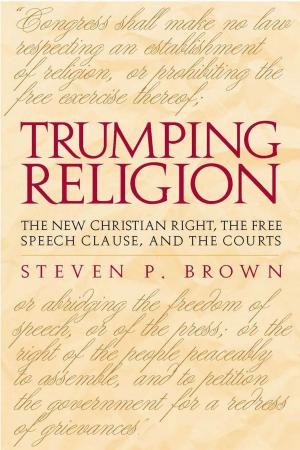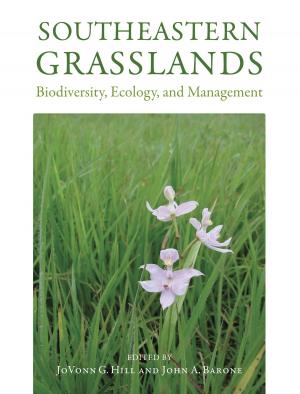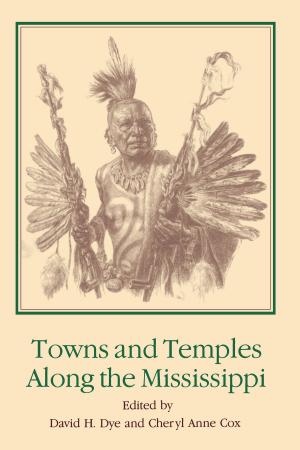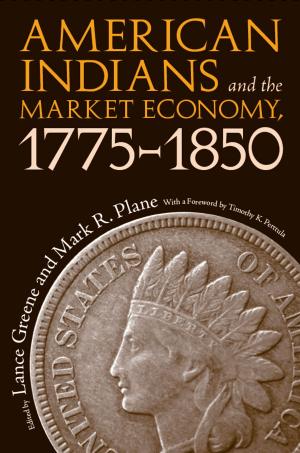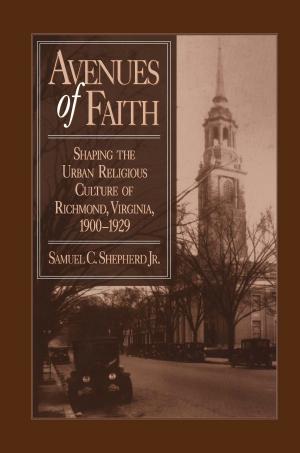Soapbox Rebellion
The Hobo Orator Union and the Free Speech Fights of the Industrial Workers of the World, 1909-1916
Nonfiction, Reference & Language, Language Arts, Public Speaking, Rhetoric, Communication| Author: | Matthew S. May | ISBN: | 9780817386962 |
| Publisher: | University of Alabama Press | Publication: | October 15, 2013 |
| Imprint: | University Alabama Press | Language: | English |
| Author: | Matthew S. May |
| ISBN: | 9780817386962 |
| Publisher: | University of Alabama Press |
| Publication: | October 15, 2013 |
| Imprint: | University Alabama Press |
| Language: | English |
Soapbox Rebellion, a new critical history of the free speech fights of the Industrial Workers of the World (IWW), illustrates how the lively and colorful soapbox culture of the “Wobblies” generated novel forms of class struggle.
From 1909 to 1916, thousands of IWW members engaged in dozens of fights for freedom of speech throughout the American West. The volatile spread and circulation of hobo agitation during these fights amounted to nothing less than a soapbox rebellion in which public speech became the principal site of the struggle of the few to exploit the many. While the fights were not always successful, they did produce a novel form of fluid union organization that offers historians, labor activists, and social movement scholars a window into an alternative approach to what it means to belong to a union. Matthew May coins the phrase “Hobo Orator Union” to characterize these collectives.
Soapbox Rebellion highlights the methodological obstacles to recovering a workers’ history of public address; closely analyzes the impact of hobo oratorical performances; and discusses the implications of the Wobblies’ free speech fights for understanding grassroots resistance and class struggle today—in an era of the decline of the institutional business union model and workplace contractualism.
Soapbox Rebellion, a new critical history of the free speech fights of the Industrial Workers of the World (IWW), illustrates how the lively and colorful soapbox culture of the “Wobblies” generated novel forms of class struggle.
From 1909 to 1916, thousands of IWW members engaged in dozens of fights for freedom of speech throughout the American West. The volatile spread and circulation of hobo agitation during these fights amounted to nothing less than a soapbox rebellion in which public speech became the principal site of the struggle of the few to exploit the many. While the fights were not always successful, they did produce a novel form of fluid union organization that offers historians, labor activists, and social movement scholars a window into an alternative approach to what it means to belong to a union. Matthew May coins the phrase “Hobo Orator Union” to characterize these collectives.
Soapbox Rebellion highlights the methodological obstacles to recovering a workers’ history of public address; closely analyzes the impact of hobo oratorical performances; and discusses the implications of the Wobblies’ free speech fights for understanding grassroots resistance and class struggle today—in an era of the decline of the institutional business union model and workplace contractualism.
